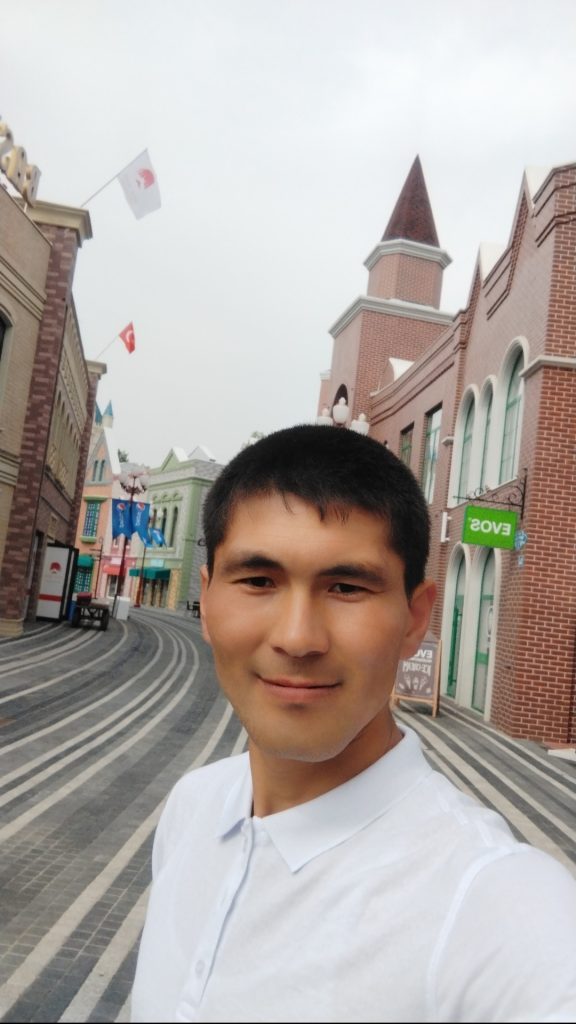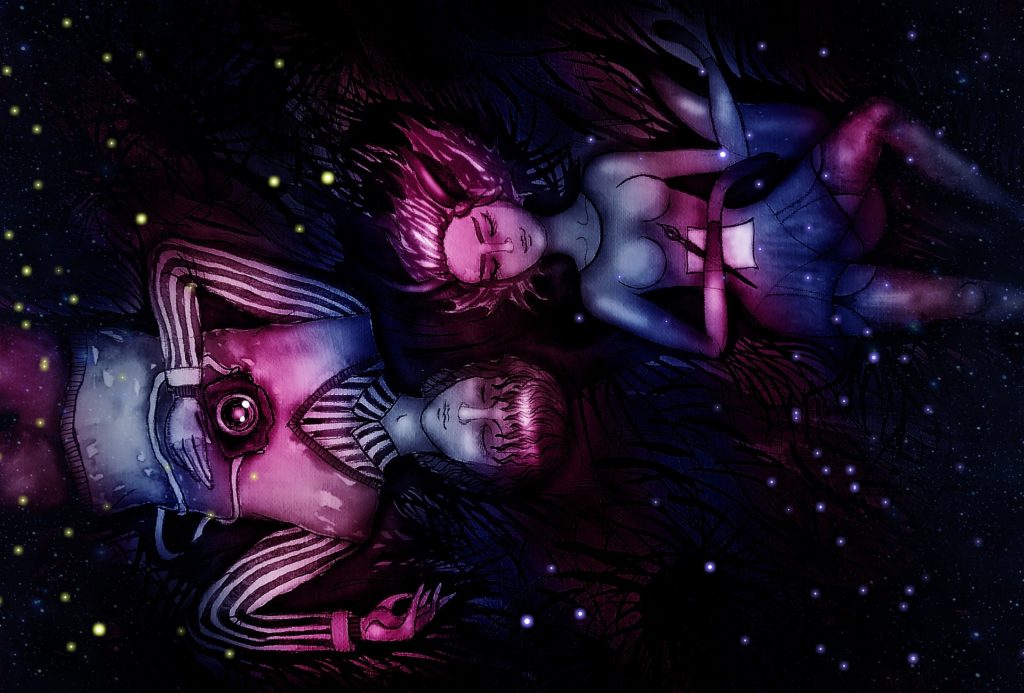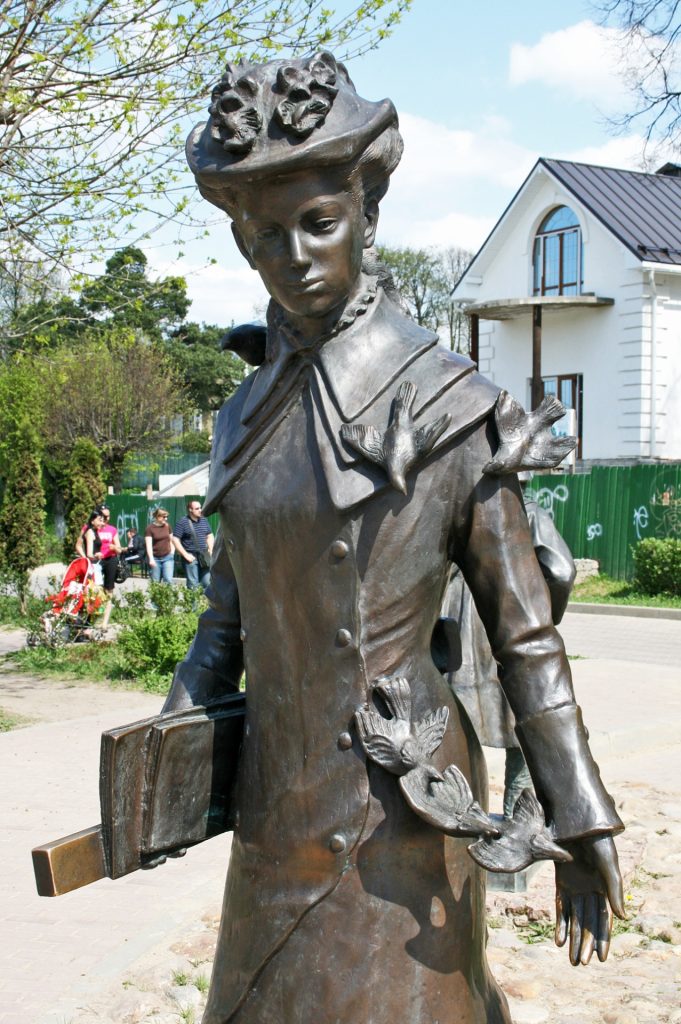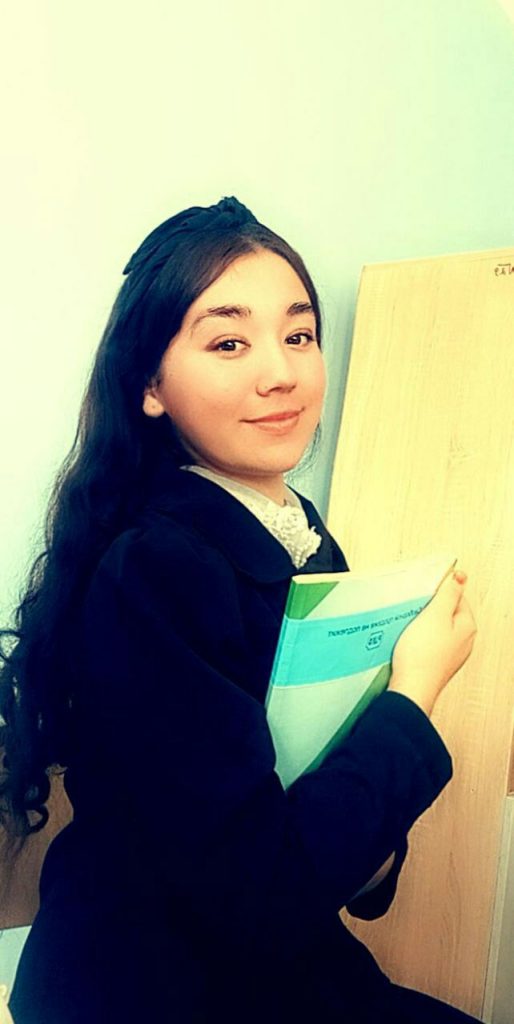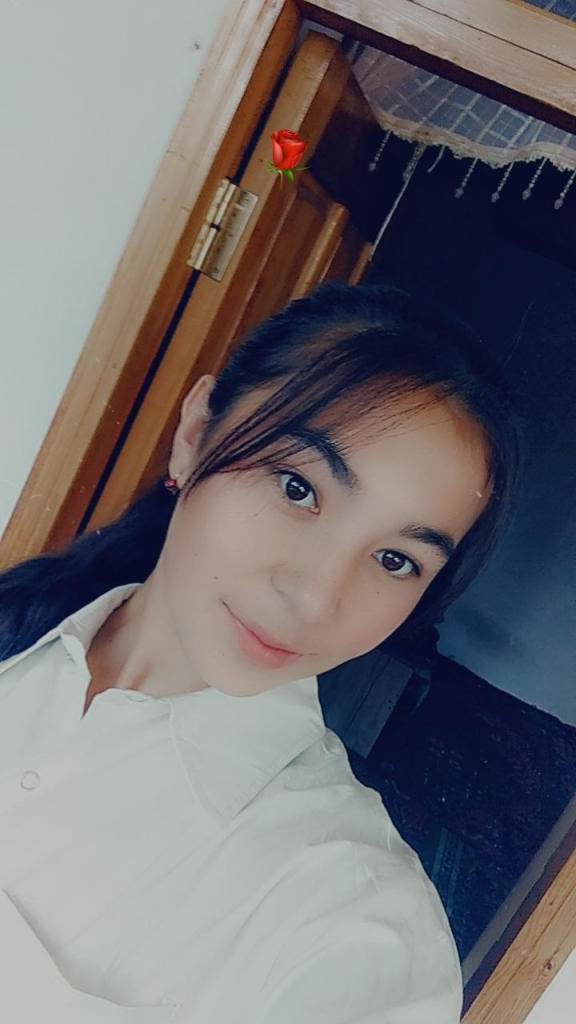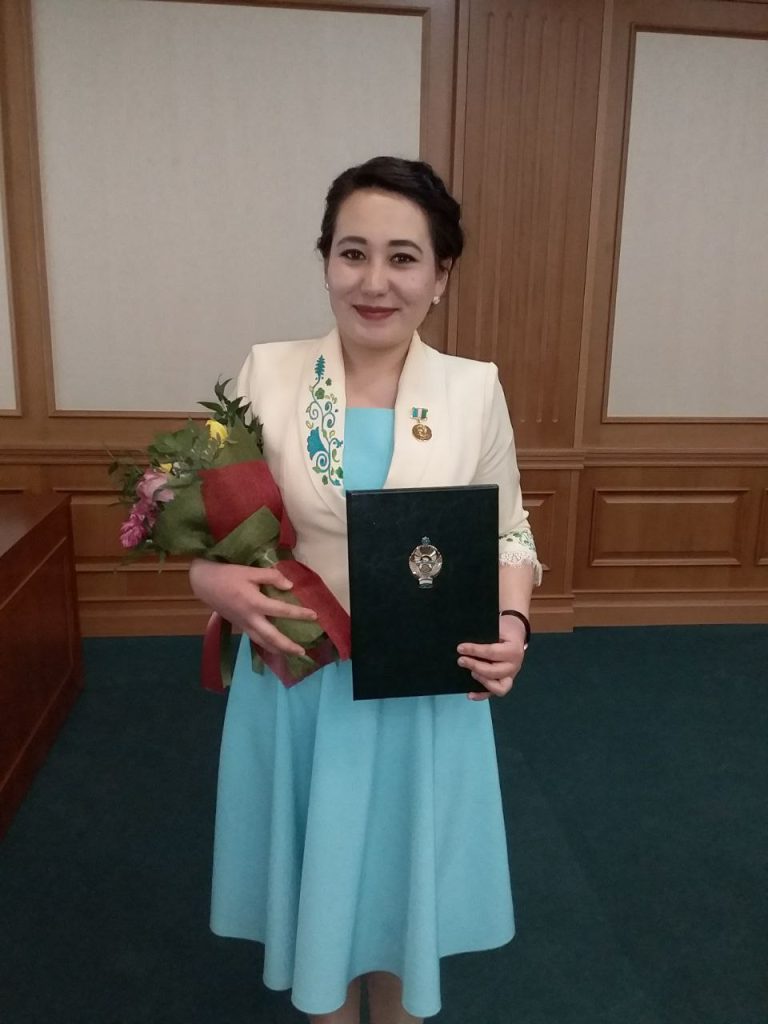
CONFLICT AND PLOT HARMONY IN SAID AHMAD’S NOVEL “SILENCE”.
Abstract: This article describes the characters in the novel “Silence”, the similarities and differences in their characters. Information about the conflict and the subject is provided. Conflicts in the work are revealed through examples.
Key words: work, hero, conflict, plot, positive image, negative image, psychological conflict, social conflict, personal conflict.
There are many writers and poets who have gained their place in Uzbek literature and enriched Uzbek literature with their works. Among them, Said Ahmad left a rich legacy with his unique and unique works, and he won the hearts of readers. The works written by him are loved and read again and again. A person who has read will want to read again. In this article, we will try to shed more light on Said Ahmed’s novel “Silence” and the negative and positive images in it.
In the novel “Silence”, the ugly life of the leaders in the Soviet era, the lifestyle of the oppressed ordinary people, the Taliban who lived in Africa for many years under the pressure of the leaders, returned home after losing his wife and child, the womanizing chairman Mirvali, who is ready to do anything abominable for wealth and position, his father was killed and his mother was killed by Mirlvali. The fate of people like Azizbek, who was kidnapped, is told. The work perfectly reveals the evils of the stagnation period.
In the novel, the internal dramas of the Shura era, which seemed calm and peaceful on the surface, and the crisis of the regime are shown in all their tension and intensity. Almost all the leading characters in the play have a tragic fate. The novel is attractive with its simple, “free” style of expression.
“Plot (fr. Sujet – a subject, something based on) is one of the most important elements of the artistic form, a system of events in the work that are interrelated and consist of the actions of the hero. Plot is one of the characteristics of fiction, plot is present in all works, regardless of type or genre, but its manifestation largely depends on which type or genre it belongs to.[ D. Kuronov, Z. Mamajonov, M. Sheraliyeva, Dictionary of Literature, T: Academy, 2013].
At first glance, Mirvali, who appeared to be a good and positive character, was actually a negative character. In the village or collective farm, Mirvali had a hand in everything if there was any evil, dirty work… The main characters in the work are as follows:
• Taliban – the main character. Scientist. A man who lived far from his homeland for many years under the pressure of officials, returned to his home where he was born and grew up after the death of his wife and child, and “buried his happiness in the soil”, according to his mother.
• Mirvali is a friend of Taliban. Chairman of the collective farm.
• Zainab- Talibjan’s sister.
• The old woman is a 90-year-old blind woman, Talibjan’s stepmother.
• Azizbek is a young man whose father was killed by Mirvali, and whose mother Mirvali took as his mistress.
“The plot is the interrelationships of characters, contradictions, sympathies and antipathies between them, so it also invents, generalizes, and discovers the contradictions of life. Life conflicts are transferred to the work in the form of a struggle of expressed ideas, depicted characters, and moods, and it is called a conflict. [ H. Umurov, Theory of Literary Studies. T: Publishing house of folk heritage named after A. Qadiri, 2004. B-123].
Any kind of conflict can be found in the novel “Silence”. The characters of the work and the conflicting relationship between them are described very well. We can see it in the example of the conversation between Talibjon and Jayrona in the play. “Jairona was silent for a while. Then he sat looking at the far ceiling, deliberating whether to say what came to his heart or not.
– Won’t you be upset if I say something?
The Taliban said, okay, tell me.
– Brother Talibjan, you are a person who is not fit to fight and has no will. You are one of those who follow Tolstoy’s theory. Do you know? Tolstoy puts forward the idea of rising up against oppression. You once raised your head and became an earthworm. Your heart stopped beating for the second nod. Accepting fate, you are wandering in other countries. You are powerless to stand up against violence. Frankly, I don’t like you. A man should live as a fire. He should spend all his will, strength, and mind to prove that he is right. What are you doing, eh…” Jayrona waved her hand like a disappointed person.
The Taliban did not crack the ground and did not enter the ground. On one count, his words were true. Talibjan did not realize that he was living by his fate. He felt it at the same time. Jayrona told him this. [ S. Ahmad, Silence. T: Gafur Ghulam, 1989]. It is in this part of the work that we saw a personal conflict. The laziness of the hero of the work and his inability to fight for the truth are told to his face by the language of another hero.
“Conflict is the driving force of the plot. It is an element that determines its effectiveness, interest, and scope. Its different types are found:
1. Psychological (spiritual) conflict is the struggle of emotions, concepts (weaknesses and strengths) in the heart of the hero.
2. Social conflict is a struggle between the heroes of the work and the conditions in which they live.
3. Personal – intimate conflict – struggle between opposing characters, groups. These three types of conflict can be found in all novels, but the works in which psychological conflict is the leader (“Mirage” by A. Qahhor; “Treasure of Ulugbek” by O. Yaqubov) are always indicators of the quality of literature and leave a bright mark.” [H. Umurov, Theory of Literary Studies. T: Publishing house of folk heritage named after A. Qadiri, 2004. B-124].
The fate of the heroes of the work ends in tragedy. But we can learn that the combination of plot and conflicts is the tool that moves the work. We should also be among the people who fight for the truth and freedom, for the rightness in our lives. We would recommend others to read this work of Said Ahmed again.
1.D. Kuronov, Z. Mamajonov, M. Sheraliyeva, Dictionary of Literary Studies, T: Akademnashr, 2013.
2.H. Umurov, Theory of Literary Studies. T: Publishing house of folk heritage named after A. Qadiri, 2004.
3.A. Ulug’ov, Theory of Literary Studies. T: Gafur Ghulam, 2017.
4.S. Ahmad, Jimjitlik. T: Gafur Ghulam, 1989.
5.D. Kuronov, Introduction to Literary Studies. His work is published on www.ziyouz.com.
6.https://kitobkhon.com/oz/kitob/jimjitlik
Sarvinoz Tuliyeva
The owner of the state award named after Zulfia,
Teacher of native language and literature at Shaikhontohur District Vocational School

